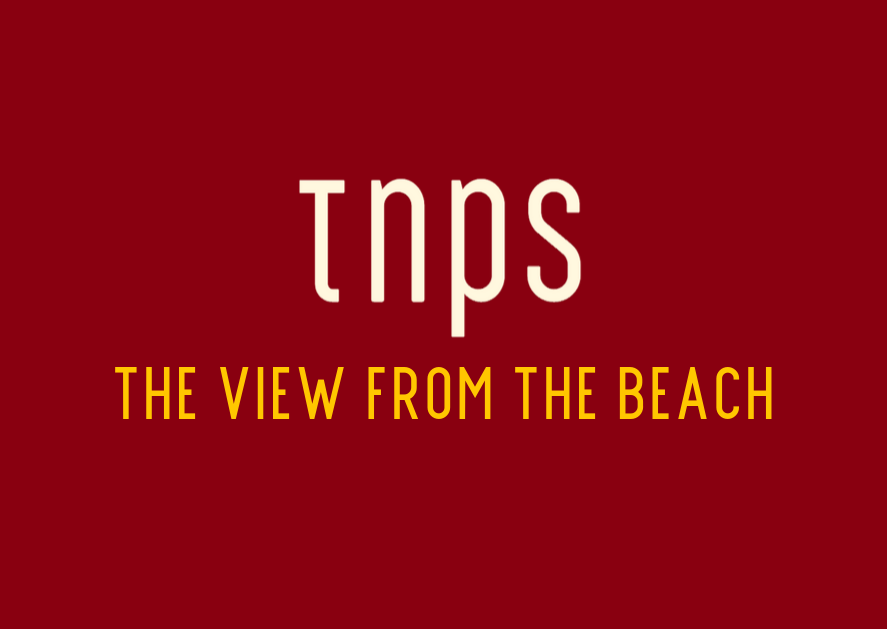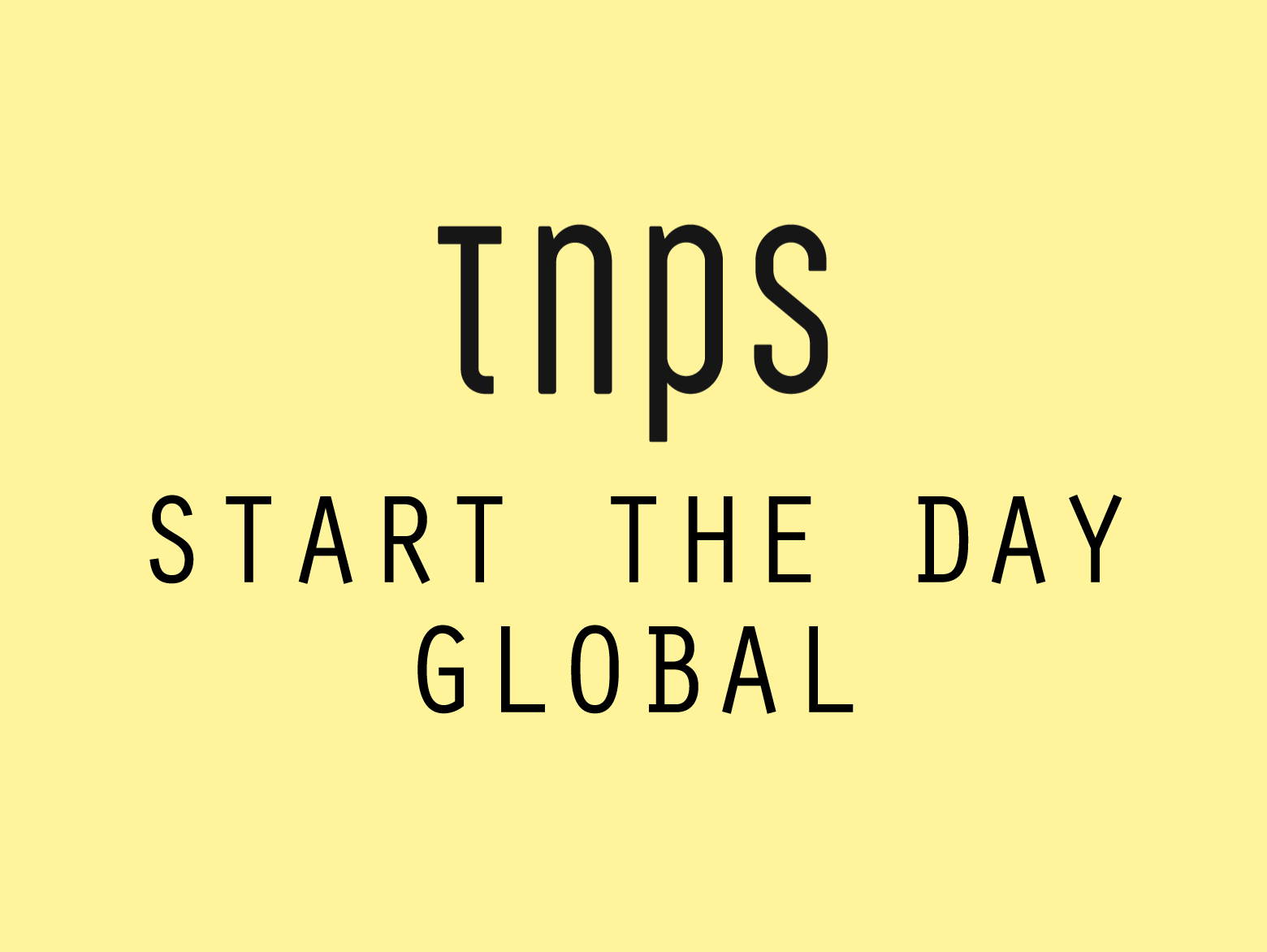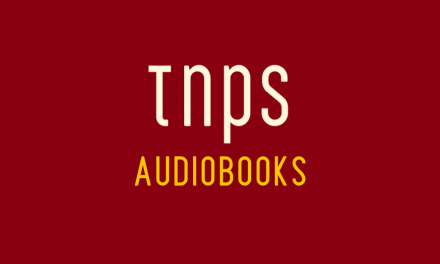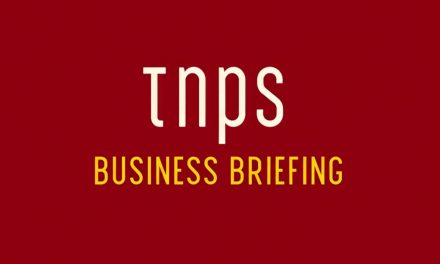“Much of the 14th China International Digital Publishing Expo – which had huge numbers of publishers and thinkers present – focused on AI. Not because it was an AI-Expo, but because China has simply got on and embraced the technology” – Nadim Sadek, Shimmr.
If you happen to have a free day in LA next 8 October, and a grand (actually $995 or $1195) is burning a hole in your pocket, this is your lucky day. A chance to hear from the everything-except-books entertainment industry’s movers and shakers. You see, The Wrap has a big event lined up that anyone in the entertainment industry, including publishers, would be crazy to miss.
From the pre-event promo:
“Top AI experts and entertainment technology executives will be at TheGrill 2024.“
“Exclusive Insights from AI and Entertainment Leaders: Hear from top AI experts who are at the forefront of shaping AI’s impact on Hollywood.”
“Discussions on AI’s Industry-Wide Impact: Explore how AI is transforming key areas like content creation, distribution strategies, personalization, and studio systems—reshaping the future of entertainment.”
“Visionary Talks on the Future of Streaming & AI: Gain valuable perspectives on how tech and streaming platforms are evolving through AI innovations.“
“Be part of a packed agenda exploring the latest trends, strategies and insights across AI, film, TV, music, sports, streaming, content creation, M&A deals and more.”
Yes, books and publishing could conceivably be part of the “content creation” element, or the “and more“, but doesn’t it say a lot – all too much, in fact – about the state of US trade publishing, that it doesn’t actually get a mention?
Might that be because that nasty AI features so prominently this year, while the trade publishers are so deeply impaled on the AI fence that even Vlad the Impaler would be proud?
Among the 30+ “expert panel speakers” (or is 40+? The website promo and the email promo can’t quite agree):
Shalini Govil-Pai (GM and VP of TV, Google); Melody Hildebrandt (CTO, Fox Corporation); Yves Bergquist (Director of AI and Neuroscience in Media, USC’s Entertainment Technology Centre (ECT)) join two special sessions to discuss how AI is transforming Hollywood at TheGrill 2024, on Oct. 8.
Bergquist is “an AI researcher, a member of the Generative AI Working Group at The Academy and for the past nine years has been the director of the “AI in Media” Project at the aforementioned USC’s ETC, a think tank and research centre funded by all the Hollywood studios, as well as large technology companies such as Google, Microsoft, Amazon, and Dolby.”
Per the promo pack, Govil-Pai joins former executive editor of Fortune Adam Lashinsky for a Spotlight Conversation titled, “Redefining Big Tech, Streaming & AI.”
Hildebrandt and Bergquist will be on stage discussing “The Next Frontier: How AI is Reshaping the Studio System.”
No wonder the US trade publishers are nowhere to be seen!
As we all know, AI has not had a smooth ride in the USA’s cultural industries, least of all in Hollywood, and writers and actors alike have at one time or another been up in arms about the destructive menace that is AI, just like their counterparts in the UK. In the US it got as far as official strike action, although to be fair AI was just part of a wider package of grievances.
In the US and UK alike, writers were led on by big-name influencers convinced, but as yet offering no actual proof, that AI companies were stealing their works, their identities and their children. Not to mention their children’s children, and their children’s future children as yet unborn, and cooking them and serving them up in the new Macdonald’s AI burgers. Such is the power of AI.
Ah yes, the heady days of AI 2023.
But then 2024 inconsiderately came along, and with it a heavy but very welcome dose of reality salts, at least in the USA,
Because, as reported by TNPS in January of this year, no sooner had SAG-AFTRA signed a deal with an AI company (two major news publishers, Axell-Springer and Associated Press, had also done so, and Fox News was launching a blockchain platform to handle deals with AI companies), than the USA’s Authors Guild, somewhat less reactionary than its UK counterpart, the Society of Authors, announced it was ready to negotiate “blanket licence” terms with AI companies.
“We have to be proactive because generative AI is here to stay,” said Mary Rasenberger, Authors Guild CEO, explaining, “They need high-quality books. Our position is that there’s nothing wrong with the tech, but it has to be legal and licensed.“

Fingers crossed, I wrote in that January 2024 post, that with Nicolas Solomon, the head of the Society of Authors, stepping down, we might see common-sense reappear in the UK’s AI publishing debate.
Yeah, in my dreams.
Back in November Solomon was wildly asserting that 43% of writers’ jobs would be lost to AI.
Of course no such job losses have happened, but sadly despite Solomon moving on to a new mindless-rant platform to spout the same poison, the Society of Authors has doubled down on Solomon’s vacuous arguments, causing immense damage to the future of the UK publishing industry.
Most recently, the SoA embarrassed itself by taking 111 days to write a letter to AI companies demanding they tell the SoA which books the AI companies stole from unsuspecting British authors, because the SoA hasn’t actually got any evidence.

And that’s where we are in the UK today, as the US transitions to a cautious embrace of AI across the entertainment and culture spectrum.
Not that the USA, whatever we might see shortly from The Wrap‘s TheGrill event, is leading the world with AI in this arena. In fact the US has a long, long way to go to catch up with…China.
Nadim Sadek was among many western digital publishing industry experts at the 14th China International Digital Publishing Expo this month. Keeping us updated on LinkedIn, Sadek said:
“Much of the 14th China International Digital Publishing Expo – which had huge numbers of publishers and thinkers present – focused on AI. Not because it was an AI-Expo, but because China has simply got on and embraced the technology.”
He continued: “I’ve spent time in the UK, USA, Europe, the Arabian Gulf and elsewhere, sharing my views on, and hearing others’, on AI. Never before have I been so struck by the sheer command of the technology, such articulacy around how it works, nor seen such practical implementation of AI.”
Which is as good a time as any to wheel this post full circle to TheGrill, where at least some segments of the US infotainment industry will be looking seriously at mastering the myriad new opportunities AI brings, instead of fighting it tooth and nail.
US trade publishing has some serious rethinking to do if it is to stay relevant in the coming decades. The UK doubly so.
The Authors Guild’s announcement that it was ready to negotiate “blanket licence” terms with AI companies, arguing “We have to be proactive because generative AI is here to stay,” was a breath of fresh air. But AI companies are not going to get too excited about dealing with individual authors, even if through a guild.
As we see with academic publishing, AI companies will fork out serious money ($44 million in the case of Wiley), but they will do so via established publishers and/or distributors that actually control, or have the right to distribute, the desired material.
Let me end here by saying that, per my evocative image of trade publishers impaled on Vlad’s AI fence, it all seems very unlikely today that any trade publisher will do a deal with the devil.
But let’s not forget the Spotify incident.
For the longest of whiles, after Spotify announced it was getting into audiobooks, authors screamed their protests and trade publishers climbed so far up the fence they almost fell off the other side.
Never mind the possible money Spotify might bring to the table. Authors were not happy with the idea of Spotify and audiobooks, and no one publisher was going to break ranks in case it backfired spectacularly.
So what happened was, emboldened by the fall of Markus Dohle and a new PRH that no longer had “a bet on print” to protect, that most of the big publishers, including the Dohle-free PRH, somehow accidentally got together (I’ll avoid using the term ‘colluded‘ because it was so obviously pure coincidence) at the exact same time and announced a fait accompli deal with Spotify.
The deal was a gift to the Luddite rent-a-rant gang led by the Society of Authors’ Nicola Solomon. But curiously as the protests faded, so it came to pass that Spotify brought more money to publishers, authors and narrators alike. And of course the Society of Authors has since conveniently not mentioned the deal again.
Far be it for me to say that, even as you read this, some big trade publishers (and many smaller ones) will be collud– sorry, casually talking – to AI companies, and a deal will suddenly materialise, a fait accompli that will make the Spotify deal look like a lemonade-stall transaction.
But when it happens, remember. You heard it here first.
This post first appeared in the TNPS LinkedIn newsletter.





